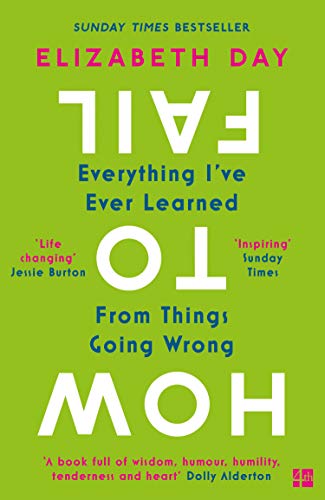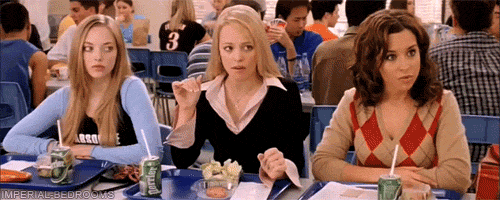What do you think?
Rate this book


272 pages, Kindle Edition
First published April 4, 2019


This is a book for anyone who has ever failed. Which means it’s a book for everyone.Yeah...no. I kind of, sort of have to disagree. I don't think it's particularly relatable because Day comes from a place of great privilege which many times played a role in the way she dealt with her various struggles. The average Joe & Joanna, or even more, people with financial great struggles won't have the luxury of the choices she was able to make. But it's not like she can help being this fortunate, can she? So I decided to take it for what it was: an okay memoir. I listened to it on audio and it felt like a long podcast.